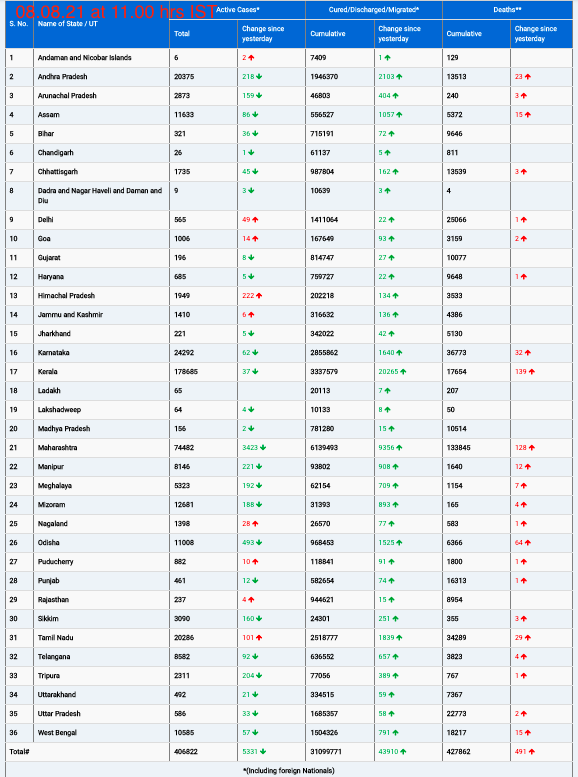Recent research presented at the ESCMID Global Congress sheds light on the concerning rise of antibiotic resistance genes (ARGs) among infants, attributing it primarily to cesarean delivery and antibiotic use. The study, conducted by researchers from UiT The Arctic University of Norway, underscores the critical need for targeted interventions to address this pressing global health challenge.
With antibiotic-resistant infections claiming over 1.27 million lives annually worldwide, understanding the factors contributing to antimicrobial resistance (AMR) is paramount. Infants, with their immature immune systems, are particularly vulnerable, and their gut microbiota play a crucial role in the development of antibiotic resistance genes.
The meta-analysis, which analyzed data from 1,275 infants across 10 countries, revealed that cesarean delivery and antibiotic use significantly impact the abundance and diversity of ARGs in infants’ gut microbiota. Notably, cesarean-born infants showed lower diversity but higher abundance of ARGs compared to vaginally born infants. This disparity is attributed to differences in exposure to vaginal and gut bacteria during birth.
Lead author Ahmed Bargheet emphasized the importance of these findings, stating, “By gaining insight into these factors, we aim to develop targeted interventions like probiotics that could significantly reduce the number of deaths caused by antimicrobial resistance.”
Additionally, the study found that antibiotic use was linked to increased ARG abundance, with no significant impact on diversity. However, exclusively breastfed infants showed no significant effects on ARG diversity or abundance. Moreover, the research identified a concerning increase in clinically relevant ARGs over time during the first two years of life.
The study’s findings have far-reaching implications for combating the antibiotic resistance crisis. By understanding the early-life factors influencing the gut resistome and mobilome, researchers hope to develop effective strategies to mitigate AMR prevalence and improve global health outcomes.
Despite the significant insights provided by the study, the authors acknowledge certain limitations, including the inability to examine the impact of hospitalization and other clinical variables due to data constraints. Nevertheless, the research represents a crucial step forward in addressing one of the most pressing challenges in modern medicine.












